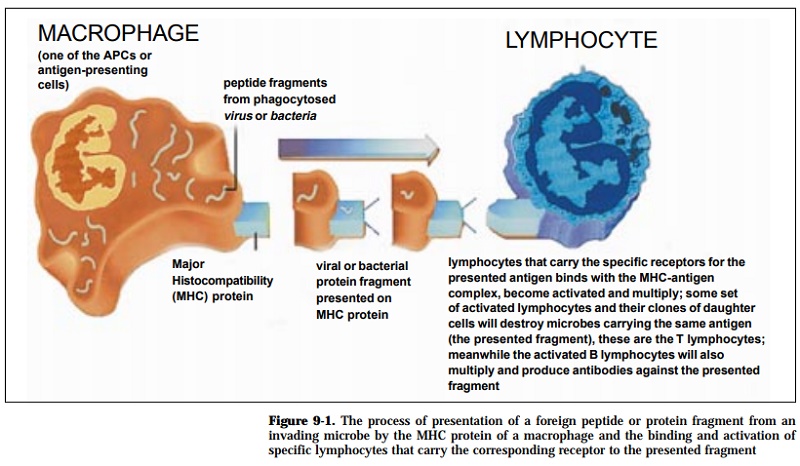Chapter: Health Management in Aquaculture: Immunity and biological methods of disease prevention and control
Adaptive or Specific Immunity - The fish immune system
Adaptive or Specific Immunity
The concept of specific immunity includes three important components: theability to recognize and respond selectively; the ability to recognize and respond preferentially to foreign substances and the ability to respond better on repeated exposure to them (memory).
Antigens
The specific substances that trigger an immune response are called antigens. Most antigenic substances are large molecules like proteins, polysaccharides and nucleic acids, but usually the immune system only recognizes and re-sponds to a small part of these large molecules, called the antigenic determi-nant or hapten. So, each antigenic substance can have many different haptens in one large molecule. Small foreign molecules can also act as haptens when attached to a larger molecule.
Cells
The two types of cell that are involved in specific immune responses are lym-phocytes (the B and T lymphocytes) and antigen-presenting cells (APCs), which include macrophages (Figure 9 -1).
Receptors
Lymphocytes, but not APCs, have membrane receptors for specific antigens. These receptors are proteins that specifically recognize and binds to an anti-gen. They are the means all lymphocytes use to recognize antigens and some use to respond to them (Figure 9 -1).

Humoral vs Cellular Immunity
There are two different forms of specific immunity: humoral (or antibody-me diated) and cellular (or cell-mediated). Cellular immunity acts by direct cell-to-cell contact to protect the body against viruses that have infected its own cells and against tumor cells. Humoral immunity acts by the secretion of soluble proteins (antibodies or immunoglobulins) that circulate in the blood and lymph where they can combine with antigens and neutralise them.
Related Topics